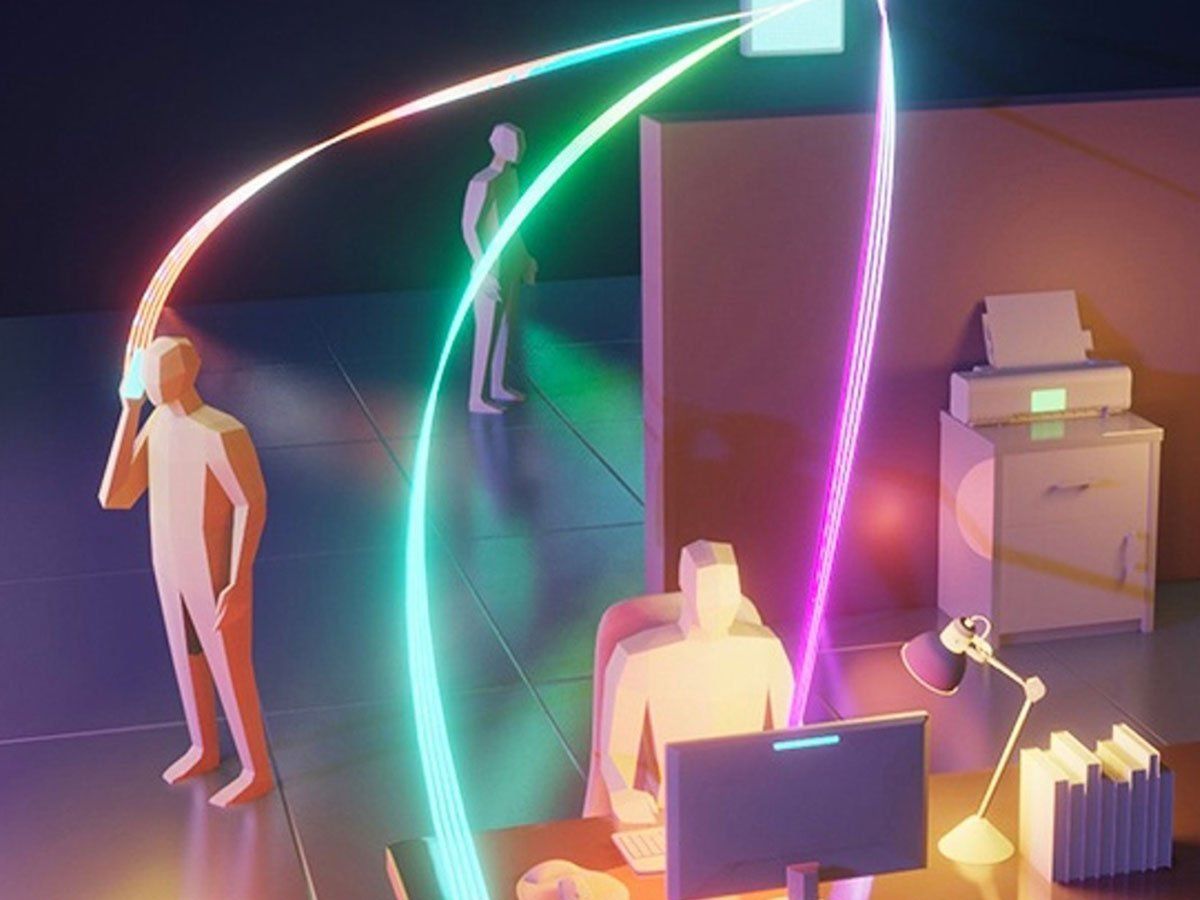Vladimir Lenin, who needs no introduction, famously or perhaps notoriously said that communism equaled Soviet power plus the complete electrification of Russia. A Russian joke had it, QED, that Soviet power equaled communism minus electrification. But we digress. What brings all this to mind was the assertion this week by Damir Novosel, at a meeting this week in Washington, D.C., that this will be a year in which regular people will be looking for the highly touted smart grid to produce real benefits--and that for present purposes, that SG = AMI + PMU. (Smart Grid equals Advanced Metering Infrastructure plus Phaser Measurement Units)
Novosel, currently president of Quanta Technology, is a well-known top specialist on grid operations and reliability, who has worked for several of the top firms in the field including ABB and KEMA. At risk of some over-simpification, Novosel said the immediate criteria of smart grid success will be perceived benefits from advanced metering (AMI) and phasor measurement units (PMUs)--devices that precisely measure variations in voltage and current permitting their synchronization in real time..
Advanced meters, more popularly known as smart meters, have been very widely deployed in advanced industrial countries in recent years; in the United States, the AMI rollout got a huge boost from the 2008 stimulus bill. Utilities naturally like smart meters because, over their long lifetimes, they will radically reduce meter reading costs. But there already has been considerable consumer backlash against smart metering, partly because of privacy concerns, but most often because electricity rates and bills sometimes appear to be going up rather than down following their introduction. The bottom line, Novosel reminded his engineering audience, is that to be seen as a success, AMI will have to start yielding lower energy costs, not higher—and soon.
Putting it a slightly different way, Novosel implied that smart meters will have to produce their full range of expected benefits, which can be said to include demand response (enabling customers to modify electricity usage in reaction to hourly price changes), faster and more efficient service (including automated reporting of emergencies, and greater system reliability (because utilities will be getting real-time feedback from every customer's meter). They will be seen as a disappointment, he said, if all they produce is less expensive meter reading—and, let it be said, virtually jobless meter reading—for utilities.
Novosel's message about PMUs was somewhat more technical, but it probably can be safely reduced to this: As thousands of them are being deployed on transmission lines to report voltage deviations in real time to utilities, significantly greater system reliability should result. If we don't start seeing measurable improvements in system reliability soon, they too will be a disappointment.
No doubt Novosel would be the first to say that in the longer run the smart grid should involve much more than just AMI and PMU: integration of two-way communications throughout distribution systems, a more renewable-friendly grid, power systems that in their totality are much more efficient, lower carbon emissions, and so on. But if the smart grid is seen in its first phase as a boondoggle, the next phase may be a long time coming.
In the photo: Damir Novosel



